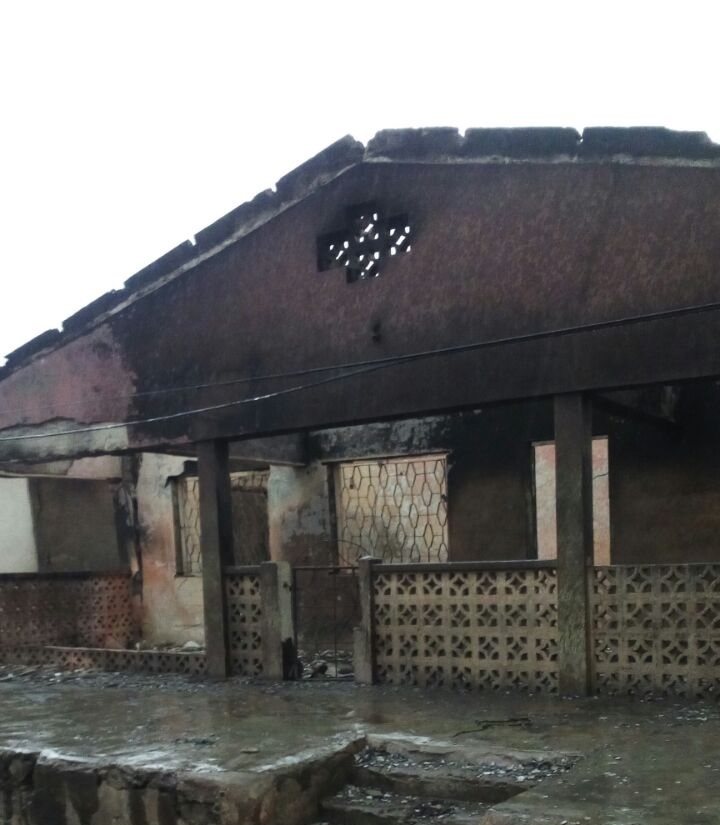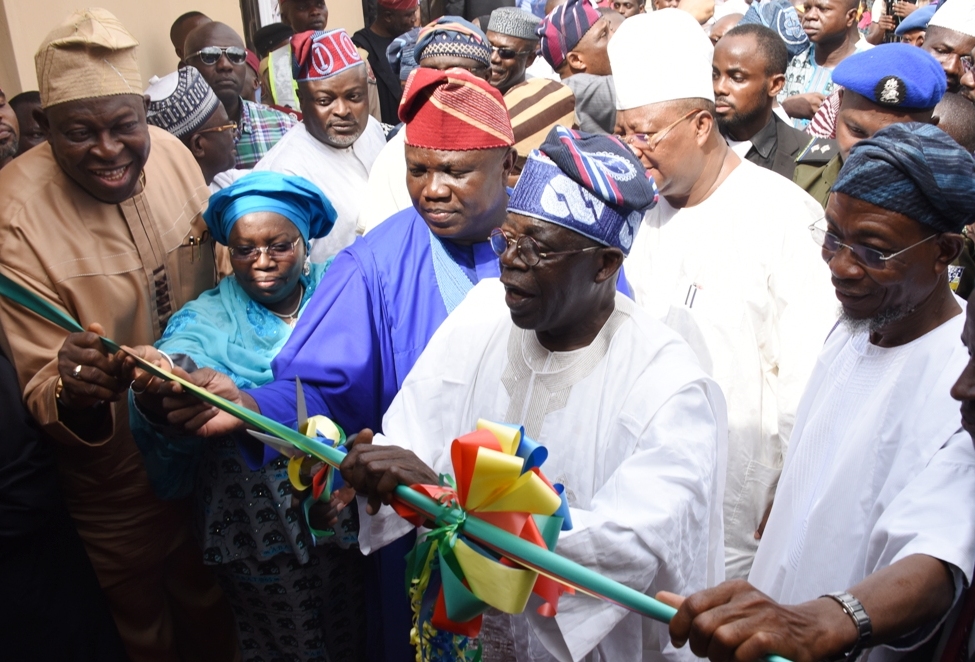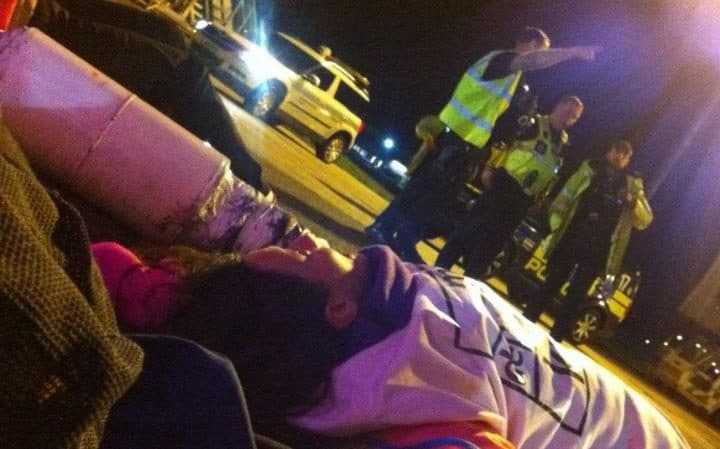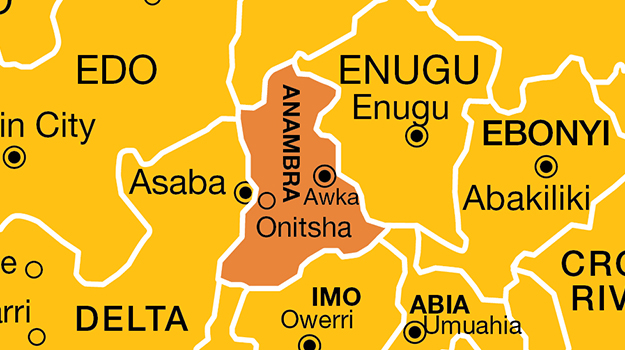The rain poured endlessly when TheCable visited the ancient city of Ile-Ife in Osun state during the weekend. Of late, Ife known to be the ancestral home of the Yoruba race has been in the news for the wrong reasons. Residents went into March 7 like any other day, but by mid-day, what started like a trivial quarrel between two parties had degenerated into a full-scale battle. Two ethnic groups, which had lived peacefully, even doing business together with a handful of intermarriages, went for the jugular.
Houses were burnt, goods worth millions of naira destroyed and lives were lost – though the authorities put the casualty figure at 46, witnesses say over 100 people died in the riot. There are different versions of what triggered the carnage.
Although commercial activities have returned to Oja Oba, the main market in Ife, the bustling Sabo market has become a shadow of its self. Life in Ife is yet to return to the way it was before the crisis. On every commercial bus, at every motor park and any gathering, people were seen discussing the same issue, but no one willing to speak with a journalist.
The first place TheCable reporter visited was the Hausa community. Because of the rain, he made his way to a shed occupied by hefty, fierce-looking security operatives who mounted an armoured personnel carrier (APC) at Ilare junction. They looked battle-ready, staring at every moving object with curiosity.
Advertisement
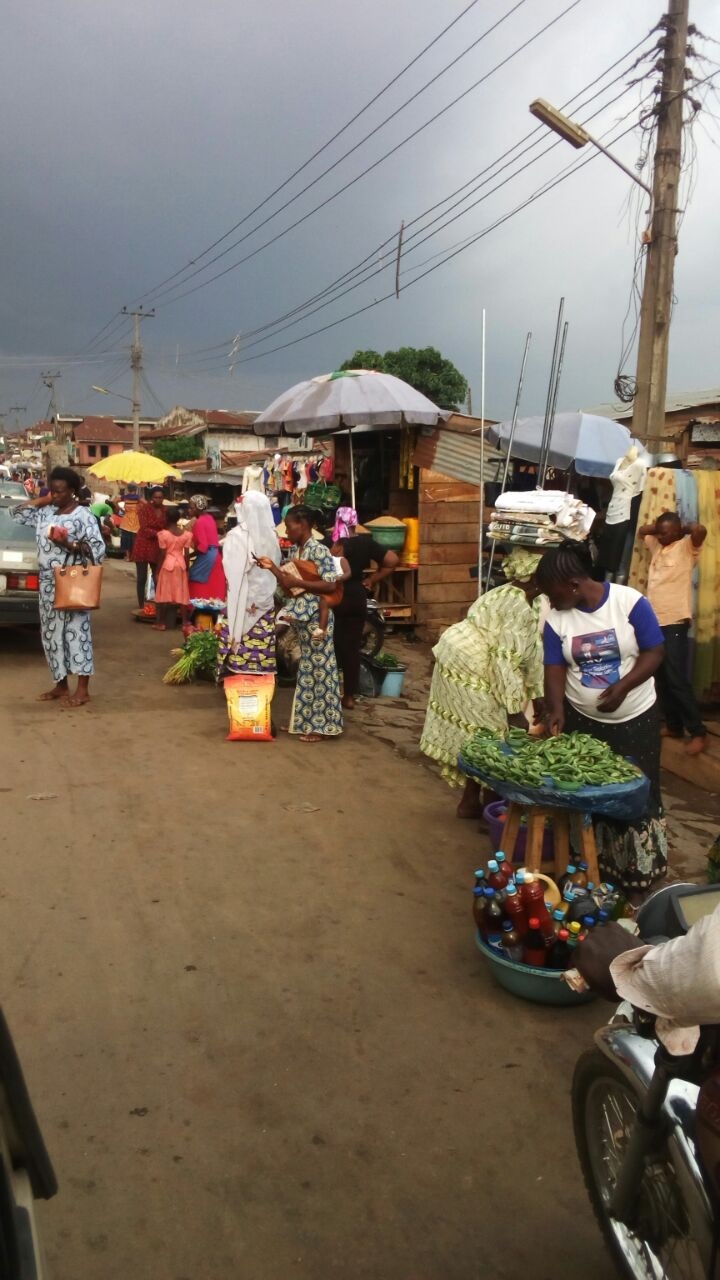
When the rain sizzled to an end, the reporter made his way to the front of a severely damaged house occupied by some Hausa men who were taking hot pap and rice from a food vendor. The intention was to strike a conversation with the group involved in the crisis, but it was obvious that they were in no mood for that.
“What do you want?” the food vendor, a young Yoruba lady, asked this stranger.
“Rice and beans with one egg. And if there’s ponmo, please give me a soft and well-carved one,” he replied as he made his way into the middle of the silent and observant eaters.
Advertisement
The people there monitored every spoon that went into his mouth and every gesticulation. The atmosphere was charged as conversations were made in audible whispers. In one of the damaged houses beside the improvised canteen was the inscription: ‘This is the true life. Ife has finished us’.
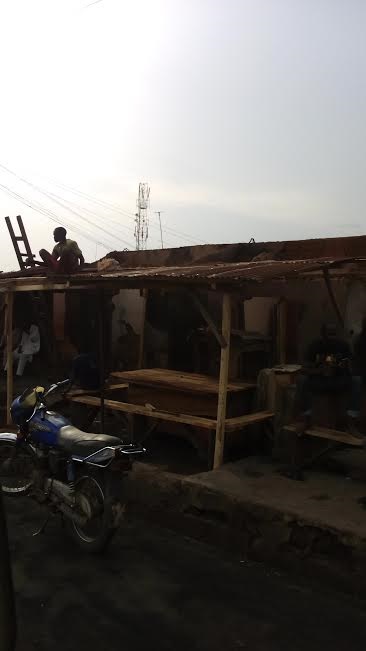
From that vantage point, one could see two more APCs strategically placed at the roundabout where a traffic warden was busy controlling vehicular movements.
A resident said it was the fourth day that the road became open for safe passage. The crisis had kept commuters away from that route.
Some Hausa people who fled the town in the heat of the crisis have returned. They sat in recluse in front of their devastated homes and stared into nothingness. Not less than 40 houses in that part of the town were torched in the wake of the crisis. Some of the men were seen rebuilding their homes, while others were patching temporary places they could put their heads. The only building left untouched in the area was the Sabo central mosque.
Advertisement
Attempts to speak with some residents around the area did not yield the desired result, as they either quickened their footsteps or feigned ignorance. After over two hours, one of the transporters who identified himself as Gbaye, agreed to speak.
“Those are just rumours,” he said when told of some of the factors adduced to the crisis.
“Everyone knows that the conflict is all about a woman, but the stories attached to it are just fairytales. She’s the wife of our boss. We call her Iya Barakat. I grew up around the area where the trouble started. I am used to the place, in fact, I still picked passengers there hours before the clash.”
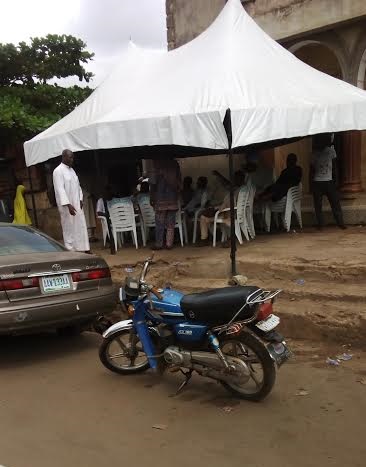
He went ahead to relate how the disagreement escalated to a bloody fight.
Advertisement
According to him, Iya Barakat, a native of Ile-Ife, is in her late 30s. Gbaye said the woman is among the food vendors around Sabo junction. He explained that she was previously married to a Hausa man, with whom she had a daughter.
“A few years after they went their separate ways, she re-married Escort, a popular Yoruba transporter, who plies the Ife-Abuja route,” he said.
Advertisement
“The Hausa man has a shop beside Iya Barakat’s. The place is near the motor park where people going to Abuja board vehicles. The woman reported that he slapped her on the buttocks, and this enraged the transporters, who warned him to desist from touching a colleague’s wife indecently.
“The husband was on a journey when this whole thing happened.
Advertisement
“Moments later, the man flogged the woman’s daughter for dumping dirt in front of his shop. This further enraged the men at the park, who descended on the Hausa people around. This led to a counter attack by the Hausa kinsmen, which resulted into a battle between the two ethnic groups.”
Suddenly, Gbaye changed his mind about continuing with the conversation, and nothing would make him continue.
Advertisement
An elderly man, who gave his name as Adesina, agreed to speak, but his only concern was the arrest of only Yoruba suspects.
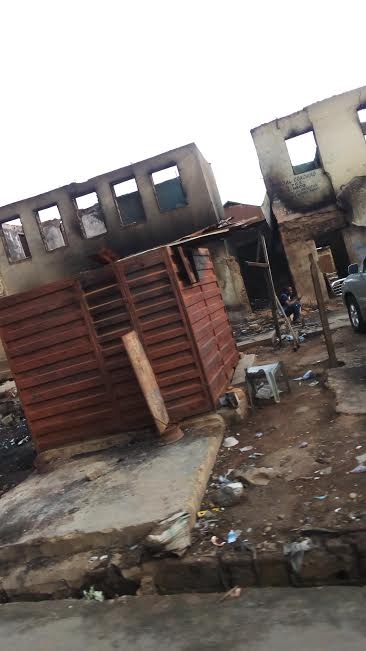
He stylishly avoided the questions asked by re-emphasising the alleged bias of the police.
“The reason everyone seems quiet and everywhere is tensed is because we are still awaiting the outcome of the the decision of the police to arrest only Yoruba people and take them to Abuja,” he said.
“We are not happy at all. The crisis was between the Hausa community and their Yoruba host. People died on both sides. So, why should they arrest only the Yorubas? The elders have stepped into the matter and assured us that justice would be done. We are happy that the Hausa men are back and peace has returned but there’s still this strong feeling everywhere that things might still go bad depending on the outcome of those arrested.”
Last week, Ibrahim Idris, inspector-general of police, defended the arrest of suspects from only one ethnic group.
“Crime has no tribe, if you are a criminal, you are a criminal. We don’t look at crime in the identity of where you are coming from. As far as you are a criminal and the police find you wanting, we apply the law,” he told state house correspondents after a meeting with President Muhammadu Buhari.
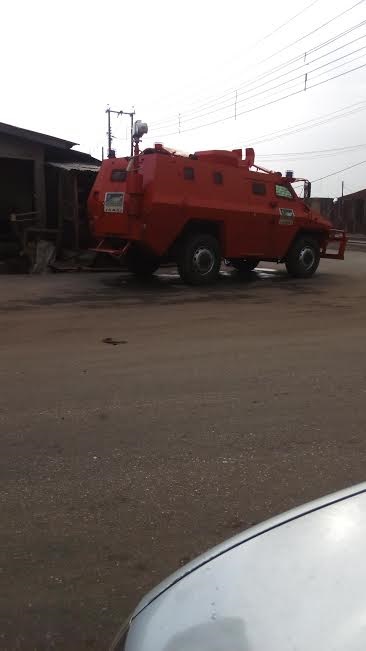
But Tunde Bakare, a fiery cleric, has joined individuals and groups, who are against the arrests.
Speaking during a sermon at the Latter Rain Assembly, his church in Ogba, Lagos, on Sunday, Bakare said one-sided arrest was unacceptable.
“If there is a fight between two people, you don’t arrest one person and leave the other. What you do is to arrest the two and let the law take its course. To arrest one party and leave the other and even go ahead to justify it is an abuse,” he had said.
“No one should be allowed to promote ethnic agenda in the country.”
Rauf Aregbesola, governor of Osun, has a set up a panel to “investigate and determine the remote and immediate causes of the conflict, identify the perpetrators and determine the extent of any damage or injury suffered by any individual or group of individuals”.
Speaking at the inauguration of the six-man committee on Monday, Aregbesola described the conflict as “an ugly development”, and promised that his administration would do its best to guarantee the welfare and security of its citizens.
He also said the conflict had no ethnic or religious colouration.
Peace will certainly return to Ife, the cradle of civilisation for one of the main ethnic groups in Nigeria, but for now there is still tension in the air.
Add a comment

